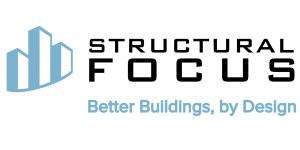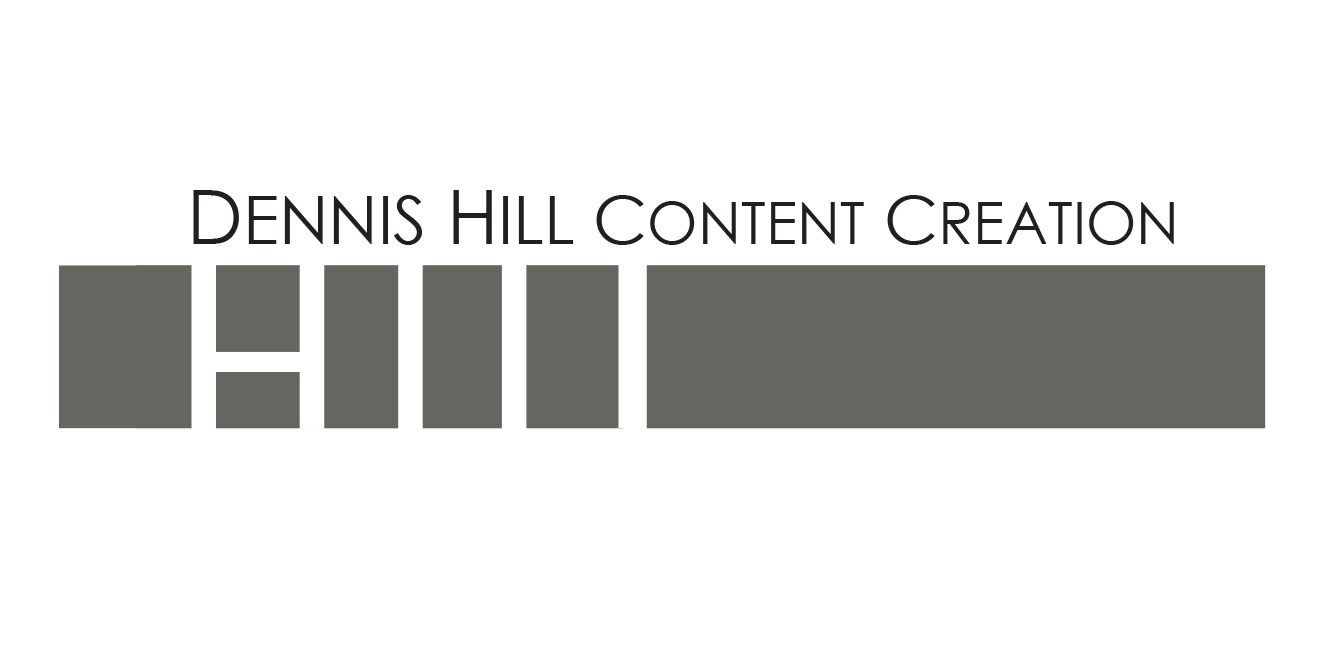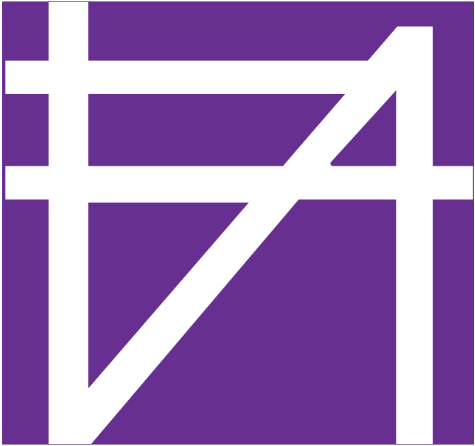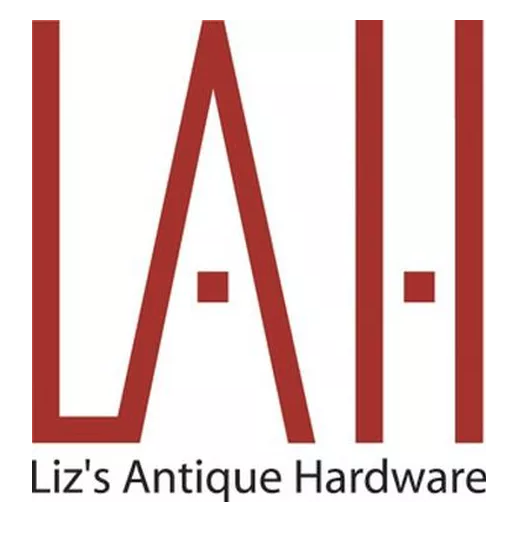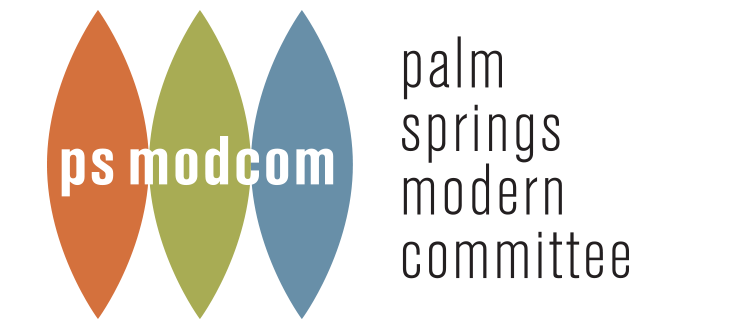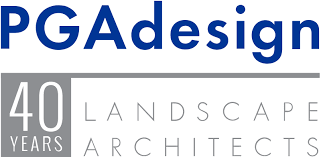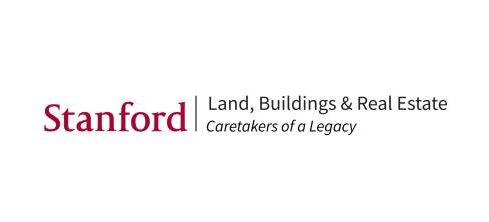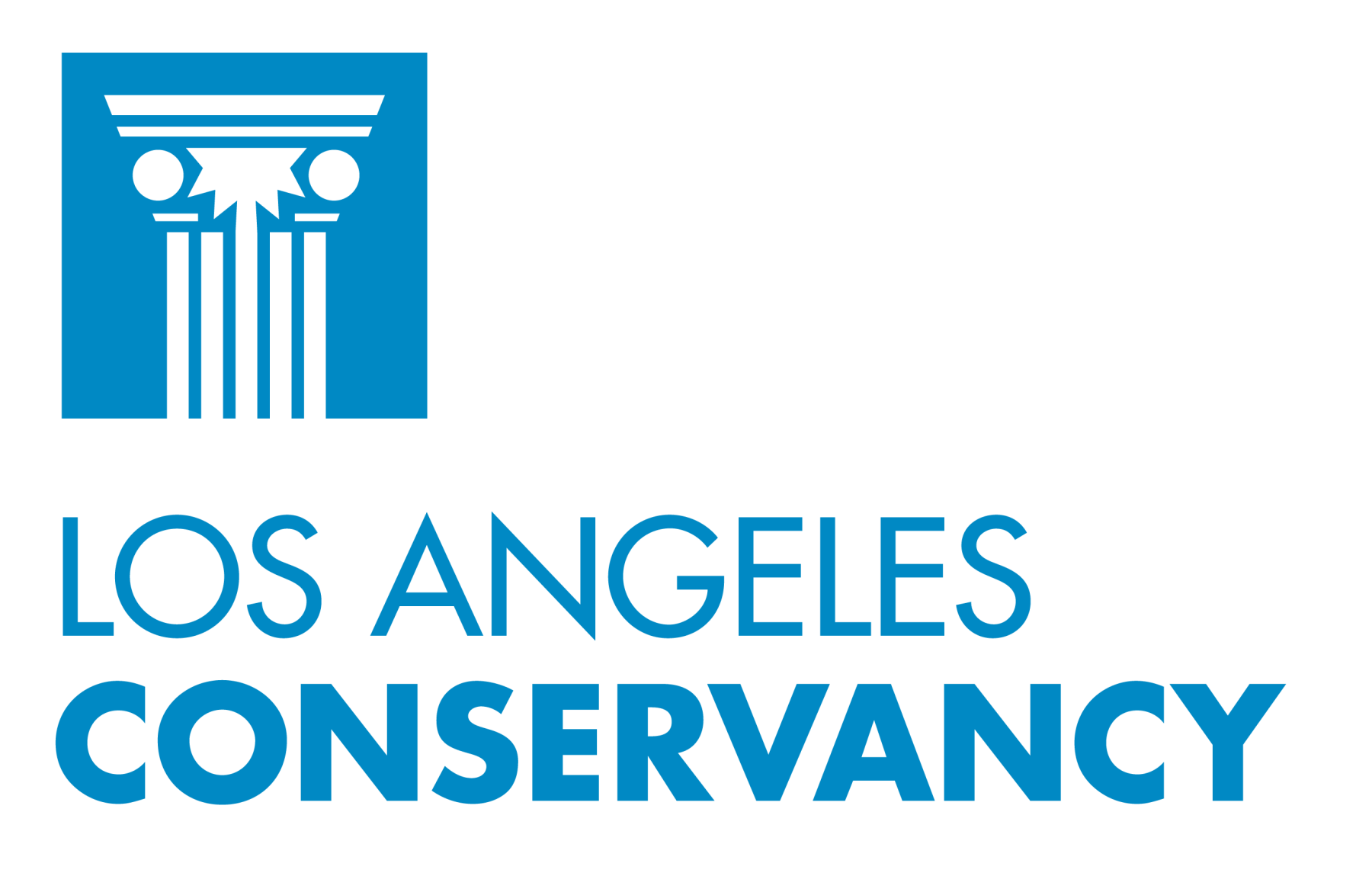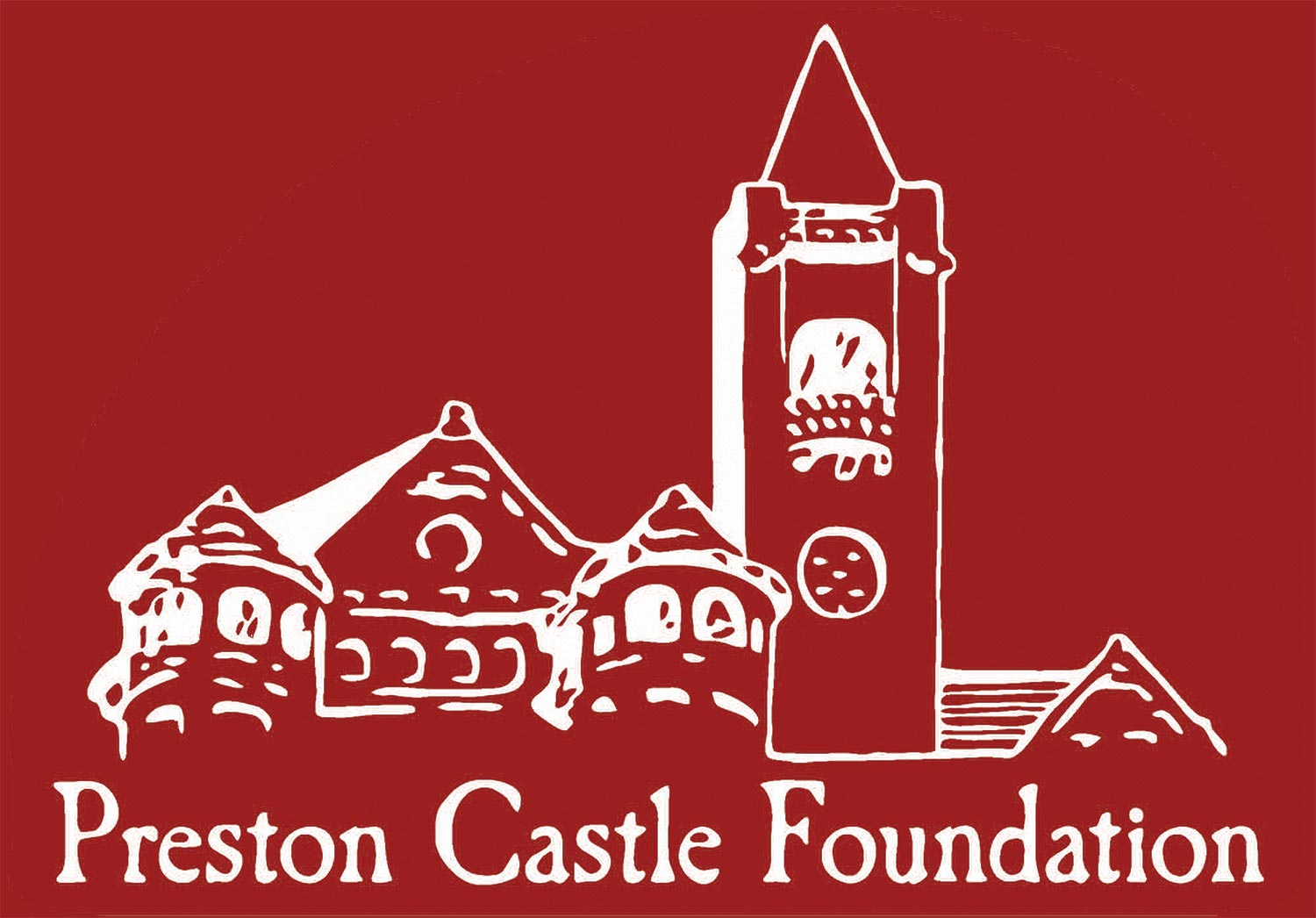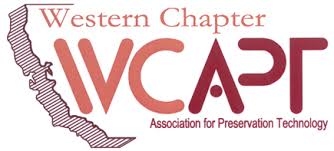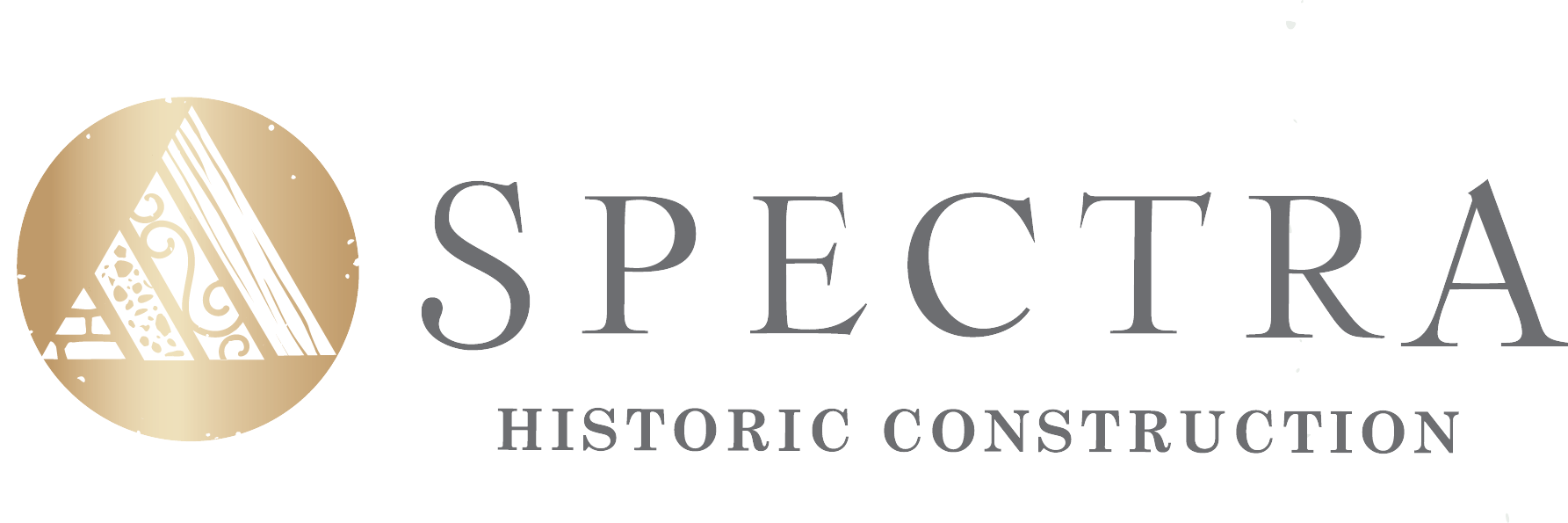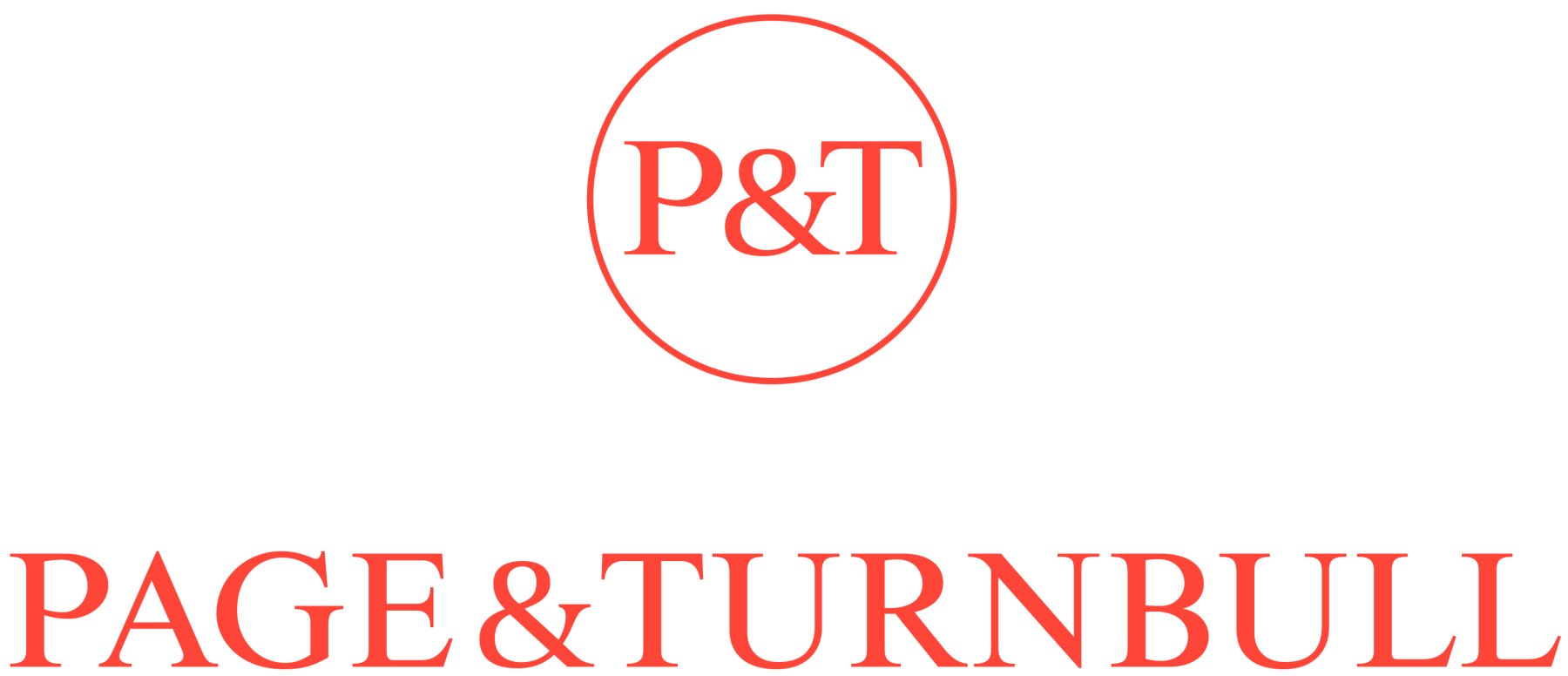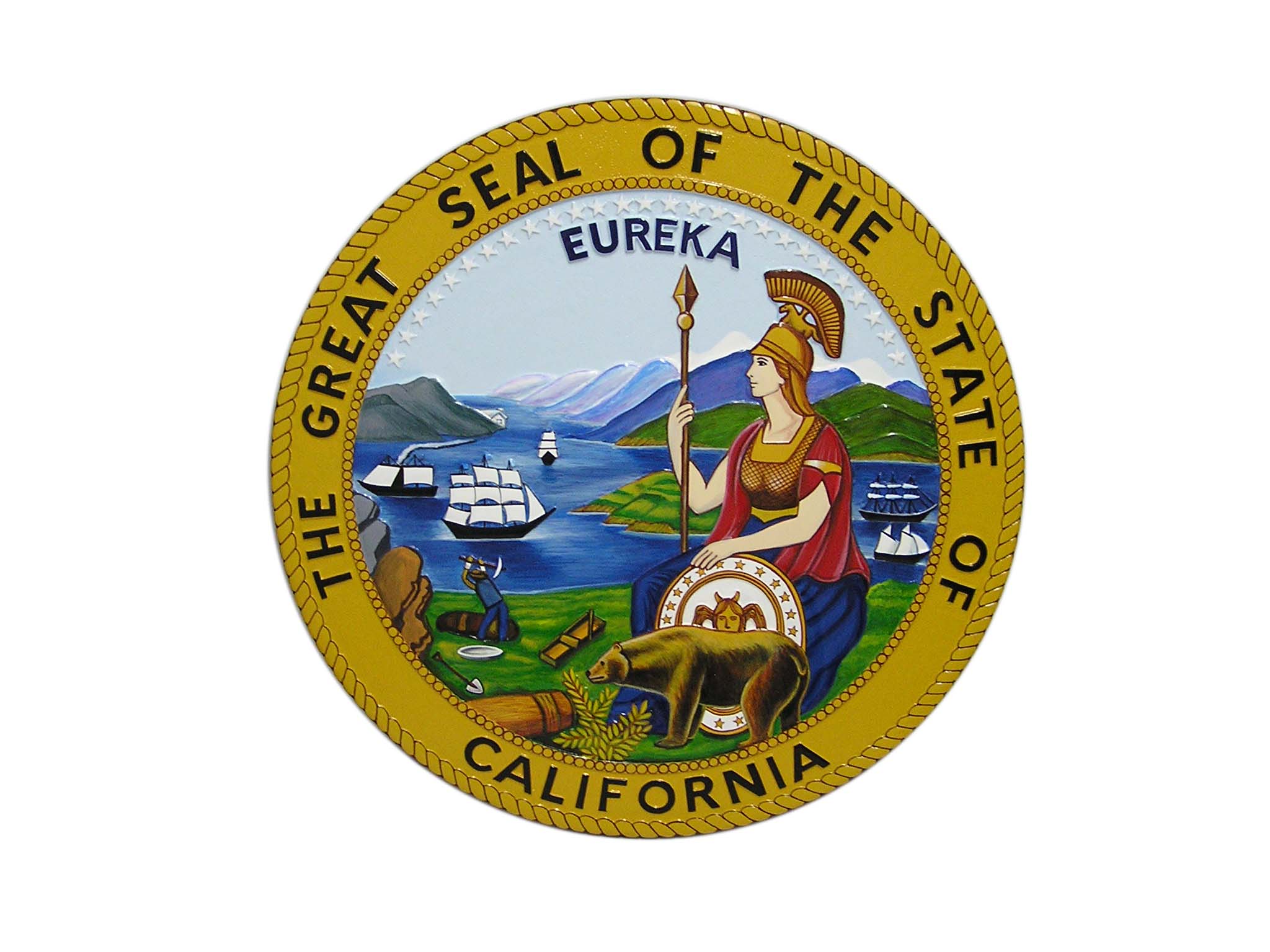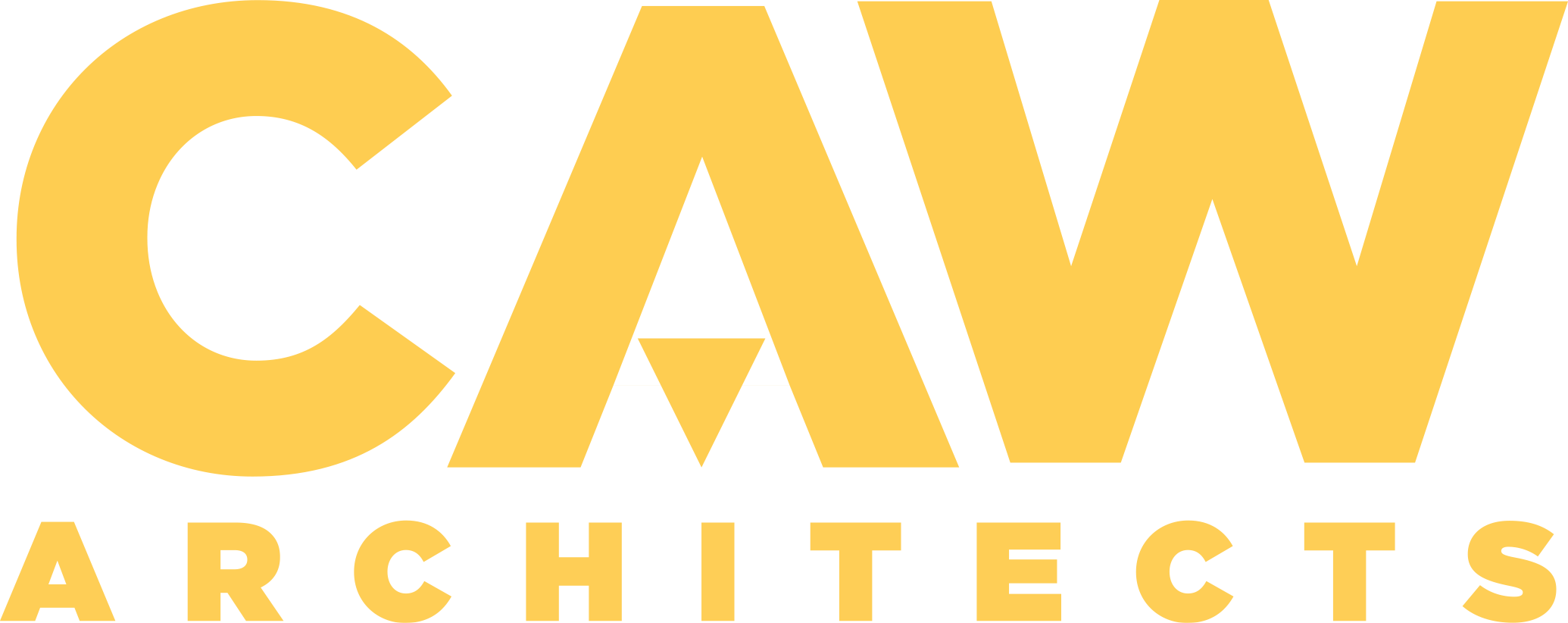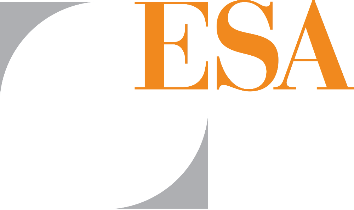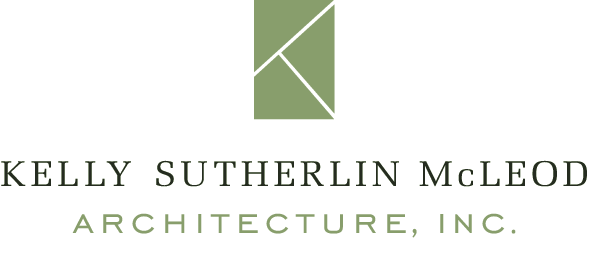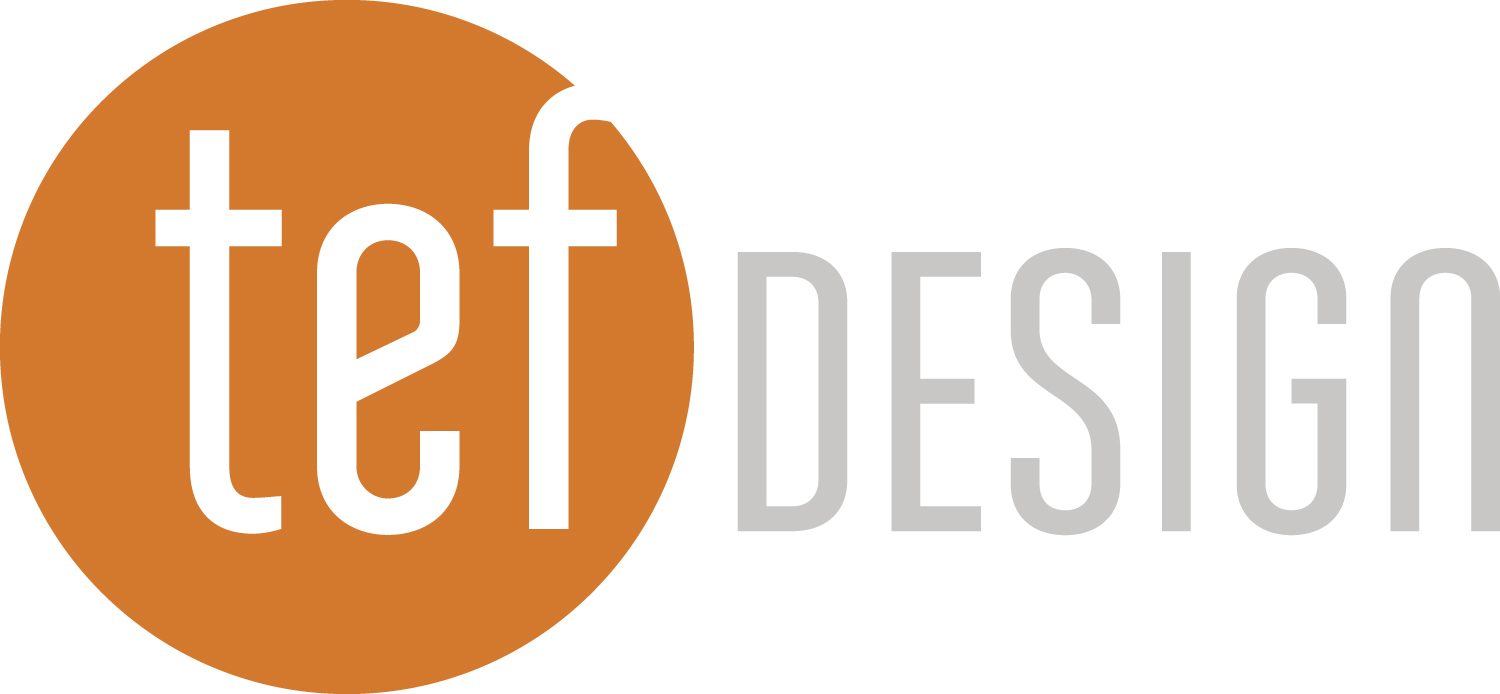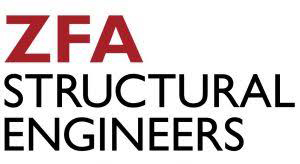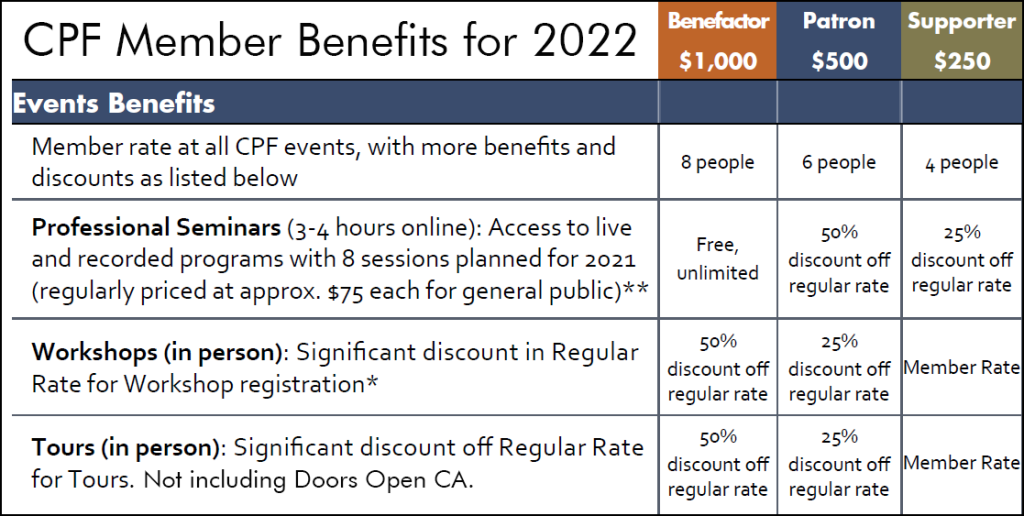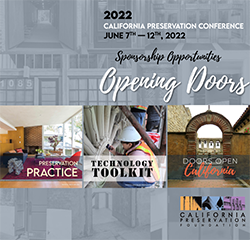New Sponsor Benefits Available for our Expanded Program taking place June 7 through 12!
Click here for more details.
Visit each sponsor’s website at our Sponsor’s page
Conference Sponsors

Doors Open California Tour Weekend

Annual Partners
Interested in Joining our Sponsors?
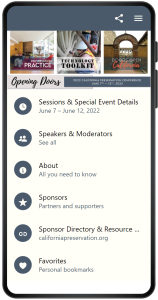
Your registration includes full access to our interactive conference mobile app.
Full price list and program details below:
- Preservation Practice (June 7-8) – Online. Training programs focused on six key values in a multidisciplinary training series. Our speakers will examine the legal, ethical, and technological pathways for preservation.
- Technology Toolkit (June 9) – Online. Targeted training for professionals focusing on materials conservation, structural rehabilitation, curtain walls, health & safety, craftsmanship, and building envelopes.
- Cultural Resources Climate Change Task Force (June 10) – Online. Hosted by the California Office of Historic Preservation. Join in the conversation to learn about the workings of the Task Force, how state agencies have incorporated cultural heritage in their existing efforts for greater ambition, and to provide input as the Task Force enters its next phase. FREE and open to the public. Included with your conference registration or sign up for zoom link under “free programs” on menu below.
- Doors Open California (June 11-12, 2022) – Onsite Tours. Celebration of California’s unique and hidden places. Featuring both on-site and virtual “behind-the-ropes” access to Calfornia’s hidden histories and unknown pasts.
Downloadable Conference Schedules
- California Preservation Conference 2022 List of Educational Sessions (online)
- 2022 Doors Open California Schedule (on-site tours and special access at 70+ locations across the state)
Why attend?
- Obtain Continuing Education Units available for all educational programs at no additional cost (CEUs not available for Doors Open events)
- Network with friends and colleagues across the country and internationally in our unique online, interactive events.
- Keep up with the latest research and scholarship in historic preservation, city planning, equity issues, design, archaeology, and architecture.
- Gain unique and unparalleled access to California’s hidden histories and masterworks of design.
- A program that fits flexibly with your schedule. Watch the recordings later!
Registration & Details
Conference Package Rates (all inclusive)
-
- $175 Non-members Full Conference (Preservation Practice + Tech Toolkit + Doors Open California)
- $150 Members Full Conference (Preservation Practice + Tech Toolkit + Doors Open California)
- $250.00 Civic Engagement Package – 10 Tickets (local governments and nonprofits only; Doors Open California not included)
- Students FREE | Speakers FREE (Doors Open California not included’)
- All levels above include CEUs, Certificate of Attendance, and Full Recordings.
Day Rates for Online Sessions (a la carte)
- $75 per day for Preservation Practice (June 7-8) Non-Member & Member Rate
- $95 for Tech Toolkit (June 9) Non-Member & Member Rate
- Select option on registration page.
Join CPF for Conference Discounts & Year Round Benefits
- $250 Member: 1 ticket Full Conference & Doors Open CA (value $170) + Benefits
- $500 Member: 2 tickets Full Conference & Doors Open CA (value $340) + Benefits
- $1000 Member: 4 tickets Full Conference & Doors Open CA (value $680) + Benefits
Doors Open California Rates (a la carte)
$20 for Doors Open California (June 11-12) | Register Here
Access the full spectrum of programs over the weekend. Simply pre-register and reserve your spots, and you will receive an eTicket at your registration email at least one week before the events. Plan your trip and look for the docents with Doors Open California paraphernalia at each site.
Continuing Education
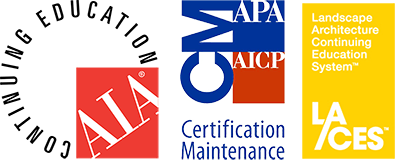 All live programs (except for Doors Open California) qualify for continuing education units through the AIA, AICP, ASLA and CLG. All attendees can take advantage of our continuing education program at no additional cost. Many sessions qualify for Health, Safety, and Welfare units (HSW). Some sessions will qualify for AICP legal and ethics credits.
All live programs (except for Doors Open California) qualify for continuing education units through the AIA, AICP, ASLA and CLG. All attendees can take advantage of our continuing education program at no additional cost. Many sessions qualify for Health, Safety, and Welfare units (HSW). Some sessions will qualify for AICP legal and ethics credits.
For More Information
- Call us at 415-495-0349
- Email at cpf@californiapreservation.org
Track Titles
Our Conference Values are a set of six themes based on the following preservation objectives:
Excellence & Innovation. Overcoming technical challenges using the latest and best practices in preservation.
- Using tools and other knowledge to complete challenging projects.
- Harnessing the power of new technology
- Ensuring that preservation keeps abreast of new knowledge and discoveries
Imagination & Vision. Using creativity and gumption to move preservation in new directions
- Creative solutions to difficult preservation challenges
- Coalition building
- Storytelling
- Thinking outside of the preservation box
- Intersecting with other disciplines and finding common ground and common solutions.
Relevance. How can heritage conservation improve the quality of life? Sessions within this field will demonstrate and discuss preservation’s role in some of the following challenges of the 21st Century:
- Housing
- Environmental Justice
- Immigration
- Health
- Education
- Jobs
Repair. How do we address the process and result of erasure and painful moments in history?
- Helping communities that have lacked preservation programs
- Making “history right”
- Addressing conflict and mistrust
- Telling the untold
Technology Toolkit. Professional training webinars to get you ahead in current research and design methodologies.
Preservation Practice (June 7-8, 2022) Online
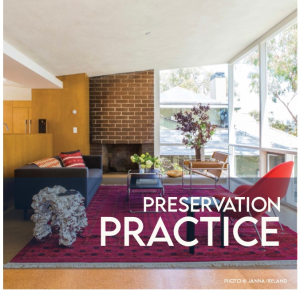 Targeted training for professionals focusing on six key values in a multidisciplinary training series online. We will look at the legal, ethical, and technological pathways for preservation.
Targeted training for professionals focusing on six key values in a multidisciplinary training series online. We will look at the legal, ethical, and technological pathways for preservation.
Full Schedule:
Tuesday, June 7, 2022
9:00 AM – 10:00 AM
Special Program
Keynote Address: Photographer Carol Highsmith
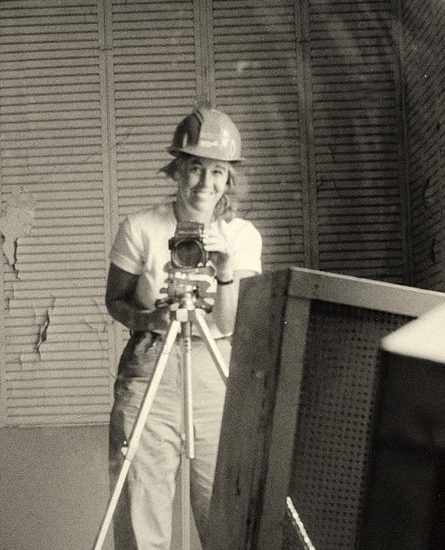 Nationally recognized photographer Carol Highsmith is our Keynote speaker. Highsmith is a distinguished American documentarian who has donated her life’s work to the Library of Congress. Highsmith’s donation of publicly available, open access photographs of historic architecture and landscapes across America is expected to grow beyond 100,000 images from all 50 states. In 2016, she filed field one of the “most explosive, publicized, and potentially ground-breaking copyright lawsuits” against Getty Images for commercializing her public domain images without her consent.
Nationally recognized photographer Carol Highsmith is our Keynote speaker. Highsmith is a distinguished American documentarian who has donated her life’s work to the Library of Congress. Highsmith’s donation of publicly available, open access photographs of historic architecture and landscapes across America is expected to grow beyond 100,000 images from all 50 states. In 2016, she filed field one of the “most explosive, publicized, and potentially ground-breaking copyright lawsuits” against Getty Images for commercializing her public domain images without her consent.
Highsmith will connect her work and donation to the Library with the theme of this year’s conference, “Opening Doors,” connecting her documentation of the Californian and American landscape to the work of historic preservation. Highsmith will show how her work, travels, and contributions to the Library of Congress have ‘opened’ the doors for others to our rich multicultural histories and how we can play an active role in protecting our shared heritage.
Speakers: Carol Highsmith, Photographer
—————————————————————————————–
Tuesday, June 7, 2022
9:00 AM – 10:00 AM
Special Program
Keynote Address: Photographer Carol Highsmith
Nationally recognized photographer Carol Highsmith is our Keynote speaker. Highsmith is a distinguished American documentarian who has donated her life’s work to the Library of Congress. Highsmith’s donation of publicly available, open access photographs of historic architecture and landscapes across America is expected to grow beyond 100,000 images from all 50 states. In 2016, she filed field one of the “most explosive, publicized, and potentially ground-breaking copyright lawsuits” against Getty Images for commercializing her public domain images without her consent.
Highsmith will connect her work and donation to the Library with the theme of this year’s conference, “Opening Doors,” connecting her documentation of the Californian and American landscape to the work of historic preservation. Highsmith will show how her work, travels, and contributions to the Library of Congress have ‘opened’ the doors for others to our rich multicultural histories and how we can play an active role in protecting our shared heritage.
Speakers: Carol Highsmith, Photographer
Learning Objectives:
—————————————————————————————–
Tuesday, June 7, 2022
10:30 AM – 11:30 AM
Excellence & Innovation
The Bateson Building: Forward-thinking Sustainable Building Design
“Keeping California a good place to live and to work means using what we have with care. Our natural capitol: The sun, air, water, soil and resources form the basis for a good life. A conserving society uses its limited resources in a way that balances today’s needs with a good future.” – (“Office of Appropriate Technology: Purpose, Organization, and Activities.”, 1976).
Governor Jerry G. Brown, Jr. appointed idealists to lead the State’s Agencies, including State Architect, Sim Van der Ryn, founder of the California Office of Appropriate Technology (OAT). OAT, a department within the Governor’s Office of Planning and Research (OPR), was tasked with developing and implementing practices to reduce energy consumption and heighten public environmental awareness. OAT influenced the design and construction of the Gregory Bateson Building, “an exceptionally significant example of energy efficient, environmentally sensitive architecture applied to a state government office building.”
The Bateson Building, built in 1981, is an early example of ecologically integrated design, that promoted California as a leader in sustainable design. While some of the sustainable features did not function as planned, Bateson paved the way for California T-24 Energy Standards. The passive heating and cooling systems, daylighting conditions, and natural air movements, meant to offer comfort with a direct relationship with the outside conditions, instead led to complaints. “Coolth,” used to thermally condition the interior space via a thermal rock mass storage system, was abandoned. Other building systems were altered or underutilized.
This presentation looks at Bateson’s breakthrough achievements; its successes and failures. We will explore how Bateson still instructs us on the integration of design and technology “and how its future rehabilitation may shape that narrative.
Moderator: Peter Birkholtz, Principal, Page & Turnbull; Speakers: Peter Calthorpe, Urban Design & Planning Principal, HDR, Inc.; Barry Lee Wasserman, FAIA, Principal,
—————————————————————————————–
Tuesday, June 7, 2022
10:30 AM – 11:30 AM
Imagination & Vision
Rising to the Occasion: Rehabilitation of Challenging Buildings
Some historic buildings lend themselves well to adaptive reuse. Multiple ideas flow during project inception, the building’s spaces and structural components are able to be adapted relatively easily to the new use and functions, and the resulting successful projects ensure long term viability for the historic building. However, some historic buildings are more challenging due to building design, spatial arrangement, structural issues, or site challenges, etc. They may require numerous discarded ideas, multiple project teams and many years to come to fruition. They may require the concerted efforts of agencies and institutions, or dogged grassroots campaigns to save the building. Many of these buildings are under threat of demolition, either intentionally or through deferred maintenance, due to the length of time they remain vacant or underused. Case studies involving these building types can enlighten and encourage other professionals dealing with their own challenging projects.
One of the case studies that will be presented is CPF’s own design awards winner, the Angelus Funeral Home/Paul R. Williams Family Apartments. Another case study is the former Riverside Public Library being transformed into the Cheech Marin Center for Chicano Art & Culture of the Riverside Art Museum (“The Cheech”) that is due to open this summer.
Moderator: Teri Delcamp, Principal, Delcamp Preservation and Planning; Speakers: John LoCascio, Principal Architect, Historic Resources Group; John Lesak, Principal, Page & Turnbull
—————————————————————————————–
Tuesday, June 7, 2022
12:00 PM – 1:00 PM
Excellence & Innovation
A Long Time Coming: Two Emblematic Adaptive Reuses on South Broadway in Los Angeles
We no longer think of commercial revitalization through adaptive reuse in historic downtowns as a a noteworthy or unusual phenomenon. However, these projects are the everyday work of sustaining cities. Two remarkable projects within three blocks of South Broadway jewels in the crown of Los Angeles. The flagship Apple Store in the Tower Theatre and Arizona State University’s occupancy of Julia Morgan’s Herald Examiner building serve a vibrant district with bustling restaurants, cafes, hotels, boutiques, and housing. These examples will illustrate the challenges, successes, and enormous potential of historic buildings in downtown commercial districts.
Moderator: Peyton Hall, FAIA, Principal Architect Emeritus, Historic Resources Group; Speakers: Melanie McArtor, Senior Associate, Gensler; Debra Gerod, FAIA, LEED AP, Partner, Gruen Associates; Olivier Sommerhalder, AIA, Principal, Gensler
—————————————————————————————–
Tuesday, June 7, 2022
12:00 PM – 1:00 PM
Imagination & Vision
True Engagement with Diverse Communities
Historic preservation as come a long way in what it works on and how, but the industry is still riddled with half-hearted and disingenuous community engagement. How do we engage with diverse communities, and who is the leader? Provide examples of community engagement done well, and share examples of engagement that when horribly awry.
Moderator: Shraddha Navalli Patil, Senior Planner, Physical & Environmental Planning, UC Berkeley Capital Strategies; Speakers: Mary Lu Seidel, Director of Community Engagement, Preservation Chicago
—————————————————————————————–
Tuesday, June 7, 2022
1:30 PM – 2:30 PM
Excellence & Innovation
AR for RR: Augmenting Racial Reconciliation
As America continues to be haunted by its unresolved and unacknowledged past, how can historians help guide us to the truth? In the wake of 2020’s nationwide social justice protests, ARtGlass, a Richmond, Virginia based augmented reality (AR) company, decided to apply emerging AR technology to community education. Monument Avenue: Origins and Reverberations, is a 90-minute AR walking tour that takes guests along Richmond’s Monument Avenue which was previously home to colossal Confederate monuments. Using AR glasses, guests are presented with immersive 360-degree images, photographic overlays, and compelling primary-source narratives that reveal the hidden stories behind the monuments and the implications for modern racial justice. In addition to the novel use of AR technology, this tour also relies on a live historian to facilitate community conversation among tour participants. The tour, which is free and open to the public, has offered over 100 guests a new way to learn about white supremacy in Virginia and the actions they can take to combat it. Post-tour surveys have shown that guests connect with and retain the new information they gained from the tour.
Moderator: Annabel Lee Enriquez, , Getty Conservation Institute; Speakers: Lexi Cleveland, Senior Project Director, ARtGlass
—————————————————————————————–
Tuesday, June 7, 2022
1:30 PM – 2:30 PM
Imagination & Vision
Waterfront Resiliency: Historic Preservation & the Embarcadero Seawall Program
Over a century ago, the Embarcadero Seawall was constructed along three miles of the San Francisco waterfront. This seawall and the maritime buildings and structures it supports transformed both the city and the region physically, economically, and culturally. Today this rich history is manifest in the Embarcadero Historic District, a nationally recognized historic district and the last largely intact historic cargo port in the United States.
Unfortunately, the vulnerability of the seawall to earthquakes and sea level rise puts this district, its many historic resources, and the city in general at risk. To address these vulnerabilities and mitigate future damages, the Port of San Francisco is leading the Embarcadero Seawall Program, a citywide bond-supported effort to create a more sustainable and resilient waterfront.
In this panel, historic preservationists, architects, engineers, and urban designers will discuss their work on the Embarcadero Seawall Program. They will introduce the historic buildings and structures along the waterfront, review their vulnerabilities to flooding and seismic hazards, and discuss ways to adapt the district to address sea level rise.
Moderator: Mark Paez, Historic Preservation Specialist, Port of San Francisco; Speakers: Kevin Conger, Founding Partner, CMG Landscape Architecture; Pamela Conrad, Principal, CMG Landscape Architecture and Founder of Climate Positive Design; Darren Milsom, Program Manager, San Francisco Waterfront Resilience Program at Jacobs; Andrew Wolfram, AIA, Principal, TEF Design
—————————————————————————————–
Tuesday, June 7, 2022
3:00 PM – 4:00 PM
Repair
Riverside Latino Historic Context Statement: Recuperating History through Community Alliances
Completed in 2018, the Riverside Latino Historic Context Statement created Riverside’s first thematic framework for recognizing the rich history of the City’s Latino community.
The need for the context was clear: Riverside is home to one of the oldest, most cohesive Latino communities in California. Even so, very few landmarks significant to the Latino community had been identified and designated. Without a thematic context statement, potential historic properties were difficult to identify. At the same time, the project challenges were also clear: very little scholarship and source materials were available in the literature. Ultimately, the team relied on exhaustive research – and an existing, long-time network of community historians, scholars, activists, and educators who had long recognized the importance of this community.
In this session, we’ll share with you how one city and consultant team addressed the challenges many cities face with similar projects. And we’ll explore the ways scholars can build on similar historic context statements, to ensure that the process of repair and recuperating stories does not stop once the final page is written. Innovative initiatives, like UC Riverside’s Relevancy & History Project, will be discussed, to illustrate how Riverside scholars have been utilizing the Riverside Latino Historic Context Statement to raise awareness and to continue recuperating stories of the people, pioneers, places, and events significant to the Latino community in Riverside. We hope this session will offer cities, consultants, community historians, activists, and scholars some ideas and some inspiration for taking your town’s historic context one step further, as a dynamic, living document.
Speakers: Debi Howell-Ardila, Senior Team Lead, Architectural History, SWCA; Scott Watson, Historic Preservation Planner, Riverside Economic and Community Development Department; Steven Moreno-Terrill, Adjunct Professor/Public Historian, Chicanx/Ethnic Studies, Riverside City College; Catherine Gudis, Associate Professor of History / Director, Public History Program, University of California, Riverside
—————————————————————————————–
Tuesday, June 7, 2022
3:00 PM – 4:00 PM
Excellence & Innovation
A Preservation Podcast: Climate Adaptation
As climate change creates challenges for historic communities around the world, methods of communicating the urgency and necessity of adapting historic places to future conditions are finding their way into preservation resilience toolkits. Doug Parsons, creator, host and producer for America Adapts – the climate adaptation podcast, provides an entertaining and informative look at how communities and cultures are adapting to climate change impacts. From the Desert Southwest, to the culturally rich history of Nantucket Island, to the three-part series on climate change adaptation and the environmental history of flooding and drought in California, Doug’s podcasts frequently address the issue of cultural heritage, equity, and historic preservation. Doug also has tips for developing your own podcast and why it’s a messaging platform that can play an important role in communicating the need for climate action in historic communities.
Moderator: Lisa Craig, Principal, The Craig Group; Speakers: Doug Parsons, Host & Producer, America Adapts
—————————————————————————————–
Wednesday, June 8, 2022
9:00 AM – 10:00 AM
Relevance
Deep Listening: How We Prioritize Diverse Voices in Historic Preservation
How can we center community knowledge and voices as part of our work to promote more inclusive and equitable processes, programs, and outcomes in historic preservation? In this moderated conversation, learn how preservation organizations work together with community advocates to strengthen protections for sites of historic and cultural significance in Los Angeles Chinatown and San Francisco’s American Indian community, while meeting community needs. Panelists will share important takeaways in making and maintaining community connections.
Moderator: Sana Ahmed, Student and Family Program Manager, Los Angeles Conservancy; Speakers: Rosalind Sagara, Neighborhood Outreach Manager, Los Angeles Conservancy; Kerri Young, Communications and Program Manager, San Francisco Heritage; Iciar Rivera, Community Organizer, Former Researcher/Teacher; Sharaya Souza, Executive Director & Co-Founder, American Indian Cultural District
—————————————————————————————–
Wednesday, June 8, 2022
9:00 AM – 10:00 AM
Repair
Redlined Neighborhoods: Complex Futures
Many of California’s largely non-white formerly-Redlined neighborhoods developed architecturally and socially distinctive communities often anchored by shared resources such as parks and religious institutions. This session offers case studies in public recognition of such cultural heritage sites and addresses the pressures they currently experience (gentrification, densification, urban redevelopment) as well as the strategies of residents to safeguard the character of their neighborhood.
Moderator: Margaretta Lovell, PhD, Chair, History of American Art, U.C. Berkeley; Speakers: Jamie Tijerina, President, Highland Park Heritage Trust
—————————————————————————————–
Wednesday, June 8, 2022
10:30 AM – 11:30 AM
Relevance
BIPOC Voices in Preservation
This session will highlight how representation informs and advocates in the field of preservation. Using their experience being at the helm of the first all female-lead HOPE (Hands On Preservation Experience) Crew in Astoria, Oregon, Jordan and Makau will demonstrate how it elevated their goals for future collaborative preservation opportunities in underrepresented communities.
Moderator: Ariana Makau, President and Principal Conservator, Nzilani Glass Conservation, Inc.; Speakers: Milan Jordan, HOPE Crew Director, National Trust
—————————————————————————————-
Wednesday, June 8, 2022
12:00 PM – 1:00 PM
Special Lunch Program
Immersive Interpretation of an LGBTQ+ History Site in 3D – Lyon-Martin House, San Francisco
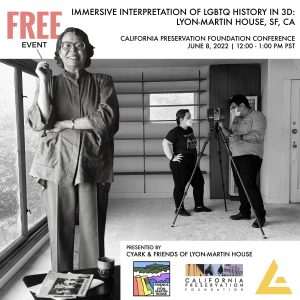 Join Architectural Historian, Shayne Watson and the digital documentation team from Cyark for a look at the virtual tour of the Lyon-Martin House. This innovative effort to record the home of pioneering lesbian activists, Phyllis Lyon (1924–2020) and Del Martin (1921-2008) offers a window into new methods in historic preservation documentation and interpretation.
Join Architectural Historian, Shayne Watson and the digital documentation team from Cyark for a look at the virtual tour of the Lyon-Martin House. This innovative effort to record the home of pioneering lesbian activists, Phyllis Lyon (1924–2020) and Del Martin (1921-2008) offers a window into new methods in historic preservation documentation and interpretation.
The tour is organized into a total of 17 locations within and around the home, all navigable from any device in 3D. Each station is accompanied by historic commentary, reflections and interviews provided by LGBTQ historians, friends and family members of Phyllis Lyon and Del Martin including Marcia Gallo, associate professor of history at the University of Nevada at Las Vegas; Don Romesburg, professor of gender and women’s studies at Sonoma State University; and Kendra Mon, the daughter of Phyllis and Del. The tour also incorporates the voices and reflections of Phyllis and Del Martin themselves, drawn from the extensive oral histories and interviews conducted prior to the deaths and held in the GLBT Historical Society’s archives.
This program is open and available for free to the public. Registration is included in your general conference package, or if you’d like to register just for this program for free, simply visit: https://californiapreservation.org/freeconf/
Moderator: Shayne Watson, Owner | Historian, Watson Heritage Consulting; Speakers: John Ristevski, Chief Executive Officer, Cyark; Whitney Peterson, Program Manager, Cyark
—————————————————————————————–
Wednesday, June 8, 2022
1:30 PM – 2:30 PM
Relevance
Innovative Research and Projects from Students in Cultural Heritage
Graduate student research in heritage conservation, public history, historic preservation, and related fields exemplifies excellence and innovation. Join us as these California students share their current scholarship.
This year’s presenters include:
- Jeronimo Roldan, University of Oregon: “What role can preservationists play in the continuation of culinary heritage?”
- Rocio Gomez, University of California, Riverside: “Restoring and Uplifting the Indigenous Narrative at Pipe Spring National Monument.”
- Daisy Herrera, University of California, Riverside: “Preserving Southern California’s Latinx History”
Moderator: Cathy Gudis, PhD, Associate Professor of History / Director, Public History Program, University of California, Riverside; Speakers: Jeronimo Roldan, Graduate Student, University of Oregon; Rocio Gomez, Graduate Student, University of California, Riverside; Daisy Herrera, Graduate Student, University of California, Riverside
—————————————————————————————–
Wednesday, June 8, 2022
1:30 PM – 2:30 PM
Special Program
2022 Legislative Update
Hear from CPF’s Executive Director and President of the Board about recent legislative updates for historic preservation in California.
—————————————————————————————–
Wednesday, June 8, 2022
3:00 PM – 4:00 PM
Relevance
Developing Architectural and Cultural Contribution Programs About and for California’s Underrepresented Communities
This session will address the successful multi-year, multimedia, multi-civic, and cultural organization effort to develop programming on and for the Asian and Pacific Islander, African American, and Latinx communities in Pasadena. The session will describe the thematic approach, structure, and program development of each of these programs, with an intent both to share the narratives, and to provide potential inspiration to other communities and organizations seeking to develop programming to address these communities. In Pasadena, the African American, Asian American, and Latino communities represent 62 % of our population, but a lesser percentage of the stories that we have traditionally told in historic preservation.
This session will look at three storytelling efforts over the past five years, including: 1.) “The Asian Roots of Pasadena and California Arts and Crafts Architecture”, 2.) “Hispanic Influence on California Architecture”, and 3.) “200 Years of Black Pioneers in Pasadena and Los Angeles.”
Speakers: David Nufer, Program Developer and Docent, Pasadena Heritage
—————————————————————————————–
Wednesday, June 8, 2022
3:00 PM – 4:00 PM
Imagination & Vision
The Restoration of Democratic Public Space: New Visions for San Francisco’s Civic Center and San Jose’s Saint James Park
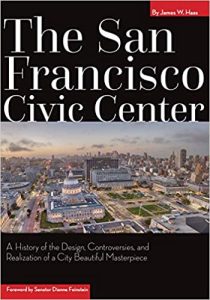 This talk will discuss the creative integration of preservation principals and strategies with new uses and purpose to re-frame historic and essential democratic public space to meet the needs of today’s communities. Vison plans for San Francisco’s Civic Center and for San Jose’s’ Saint James Park will be presented and discussed. Collaborators will be Jim Haas, author of The San Francisco Civic Center: a History of the Design, Controversies and Realization of a City Beautiful Masterpiece, Patrick Race, San Francisco Planning Department Project Manager, Katy Martin, San Jose Parks, Recreation and Neighborhood Services project manager for the Saint James Park project, and Willett Moss of CMG Landscape Architecture, the consulting firm responsible for both vision plans. Extensive public and stakeholder engagement processes built a coalition of support, and substantiated new uses and design solutions within the framework of the historic sites.
This talk will discuss the creative integration of preservation principals and strategies with new uses and purpose to re-frame historic and essential democratic public space to meet the needs of today’s communities. Vison plans for San Francisco’s Civic Center and for San Jose’s’ Saint James Park will be presented and discussed. Collaborators will be Jim Haas, author of The San Francisco Civic Center: a History of the Design, Controversies and Realization of a City Beautiful Masterpiece, Patrick Race, San Francisco Planning Department Project Manager, Katy Martin, San Jose Parks, Recreation and Neighborhood Services project manager for the Saint James Park project, and Willett Moss of CMG Landscape Architecture, the consulting firm responsible for both vision plans. Extensive public and stakeholder engagement processes built a coalition of support, and substantiated new uses and design solutions within the framework of the historic sites.
Both SF Civic Center and San Jose’s Saint James Park are historic public open spaces in the center of their city. A century ago, each was a place of public pride, contributed to civic identity, and ultimately inspired the formalization of historic landmark districts. Both places suffered a slow physical degradation that increasingly undermined both the original ambitions for the public space, eroded the contributing historic resources and set the stage for a negative public perception of each environment.
The point of departure and foundation for each vison plan was a thorough understanding of the original design intent and purpose, organization and contributing elements of the historic civic landscapes. New ambitions for the public spaces are proposed in the vison plans to reflect contemporary civic ambitions and needs that combine with and leverage the historic attributes of each civic landscape for proposals to make historic resources function again as essential democratic public space.
Moderator: Willett Moss, Prinicpal, CMG; Speakers: Jim Haas, Historian & Author, Civic Center Community Benefits District; Patrick Race, Senior Landscape Architect & Planner, San Francisco Planning; Katy Martin, Project Manager, Formally San Jose Parks, Recreation and Neighborhood Resources. Buy Jim Haas’ book about the San Francisco Civic Center, published by the University of Nebraska Press, on Amazon.
Technology Toolkit (June 9, 2022) Online
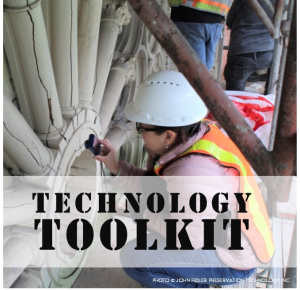 Hands-on and technical training programs focused on materials conservation, structural rehabilitation, resiliency, health & safety, craftsmanship, and building envelopes.
Hands-on and technical training programs focused on materials conservation, structural rehabilitation, resiliency, health & safety, craftsmanship, and building envelopes.
Full Schedule:
Thursday, June 9, 2022
9:00 AM – 10:00 AM
Toolkit
Using Technology to Restore Historic Ornament
This session will explore the successes and challenges associated with using existing technology (scanning, photogrammetry, etc.) to replicate deteriorated ornament. Perspectives from the architect(s), contractor(s) and practitioner will be discussed regarding the use of current technology and it’s role in documenting in-situ cladding elements for the specific reproduction in construction preservation projects.
Moderator: Alan White, Director, Aqyer, LLC; Speakers: Jason Wright, Associate Designer/Conservation & Preservation Specialist, Page & Turnbull; Nathan Harres, Senior Associate, Wiss, Janney, Elstner Associates, Inc.; Jon Carden, Branch Manager, Western Specialty Contractors; Tom Koehler, Project Manager, Bulley & Andrews Masonry Restoration
—————————————————————————————–
Thursday, June 9, 2022
10:30 AM – 11:30 AM
Toolkit
The USAF Academy Cadet Chapel: Diagnosing Envelope Performance and Developing a Durable Repair
The U.S. Air Force Academy Cadet Chapel, located on the Academy base just outside of Colorado Springs, was designed by Walter Netsch and the architectural firm of Skidmore, Ownings and Merrill and completed in 1963. The 150-foot-tall chapel with its seventeen spires is the most visited man-made attraction in the State of Colorado. It houses four unique interior chapels. Despite numerous repair attempts, the Chapel has leaked since its completion.
The session will provide a history of the Chapel and discuss the assembly of the tetrahedron-framed structure, explain the vulnerabilities inherent to the cladding system, and provide an update to its restoration, currently underway.
Speakers: Bruce Kaskel, Principal, Wiss, Janney, Elstner Associates, Inc.
—————————————————————————————–
Thursday, June 9, 2022
12:00 PM – 1:00 PM
Special Program
CPF Annual Meeting
Speakers: Cindy Heitzman, Executive Director, California Preservation Foundation
—————————————————————————————–
Thursday, June 9, 2022
1:30 PM – 2:30 PM
Toolkit
Historic Windows Restoration Basics
This technical session will outline the overall window assessment process, discuss the levels of intervention for different types of window restoration projects, and provide a detailed discussion on window deterioration and potential repair techniques for wood and metal windows. Case studies will highlight challenges in the restoration of both large, monumental windows and the more common, typical window size and type.
—————————————————————————————–
Thursday, June 9, 2022
3:00 PM – 4:00 PM
Toolkit
Not Just Columns and Beams: Structural Assessment of the Unique and Vernacular in California Architecture
From The Donut Hole in La Puente to Tharp’s Log in Sequoia National Park, California has hundreds of these unique structures that serve as a testament to the diverse character, building materials, and needs of the builders in architecture, engineering and construction over the years. While many of these structures are still standing and remain in operation for decades, how do building owners and stakeholders confirm they will continue to perform in the future?
This discussion includes two engineers and an architect as they discuss the philosophy of evaluating historic and unique structures, building codes, the technology and tools to determine the condition of the as-built structure, material properties, and the nuts-and-bolts of determining whether the structure can perform in future years.
Speakers: Melineh Zomorrodian, Associate, Structural Focus; Heather Todak, Sr. Associate, Wiss, Janney, Elstner Associates, Inc.
California Cultural Resources Climate Change Task Force Meeting/Session/Listening Session (June 10, 2022) Online
California Cultural Resources Climate Change Task Force Meeting/Session/Listening Session, 9:00am – 12:00pm
Climate Change is one of the most significant and fastest growing threats to people and their cultural heritage worldwide. Historic and cultural resources face many impacts from climate change, and efforts to preserve them must be interwoven with initiatives to address the effects of climate change to the built and natural environments, and communities. Culture has the power to not only help make the necessary human changes needed to further climate ambition, it also can serve as a partner to create multiple outcomes to meet the urgency before us. Together, we can impact climate change to create resilient, low carbon, thriving communities in California and beyond.
To address these issues, the California Cultural Resources Climate Change Task Force (Task Force) was established as part of the overall state climate change ambitions document, Safeguarding California 2018 Update. The Task Force is comprised of state agency partners charged with identifying opportunities to increase climate planning at the state, regional and city levels and to share strategies to protect cultural resources from the effects of climate change to help bolster just, resilient and thriving communities. During the past few years, the Task Force has engaged to understand the state’s climate ambition, developed way in which cultural heritage can be included in these ambitions for greater outcomes. More information on the OHP website.
Join in the conversation to learn about the workings of the Task Force, how state agencies have incorporated cultural heritage in their existing efforts for greater ambition, and to provide input as the Task Force enters its next phase.
Governor’s Climate Budget (9:00am – 10:00am). Overview of Governor’s climate change budget strategy. (Moderated conversation or presentation). Invited speaker: Amanda Hansen, Deputy Secretary for Climate Change, California Natural Resources Agency
Cultural Resources Climate Change Task Force (10:00am – 10:25 am) Background and History, Process & Goals, Current Status. Speakers: Julianne Polanco, State Historic Preservation Officer; Jessie Ochoa-Diaz, Program Assistant, Office of Historic Preservation.
Presentations/Case Studies (10:25 am – 10:50 am) (10 min each) Jennifer Mattox, California State Lands Commission, (pending case study); Len Nielson, CAL FIRE, Cultural Burn Awareness Training; Kathleen Kennedy, California State Parks, Emergency Response Cache Containers; Mark Huck, California Office of Historic Preservation, Carbon Calculator
Cultural Resources Climate Change Task Force (10:50am – 11:10am). Current Status.
Public Input (11:10am 12:00pm)
Doors Open California (June 11-12, 2022) In-Person/Onsite
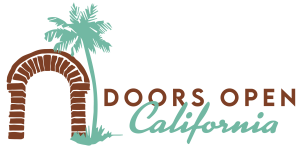 A celebration of California unique and hidden places. Featuring both on-site and virtual “behind-the-ropes” access to Calfornia’s hidden histories and unknown pasts.
A celebration of California unique and hidden places. Featuring both on-site and virtual “behind-the-ropes” access to Calfornia’s hidden histories and unknown pasts.
Programs occur in six regions across the state, so you can choose which events you’d like to attend in your chosen region. One $20 fee covers access to ALL Doors Open programming across the state.
Learn more and see the full programmingFree Programs - Registration Form (including Keynote, Lunch Programs, Climate Heritage Program and More)
Free Program Registration
Registration is free for the following programs, but you must pre-enroll. Simply fill out the form below.
Sponsorship
All New Benefits for 2022! You can network your company and get essential training opportunities for your staff.
Become a Conference Sponsor! Sign up online HERE or click the image below to download our Sponsorship brochure.
Past Conference Programs
Interested in Our Past Programs?
Click the year of the program below for all the fun details from the last three years at the CPF Annual Conference.
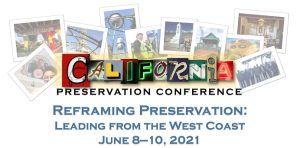 |
2021 Online Conference Details |
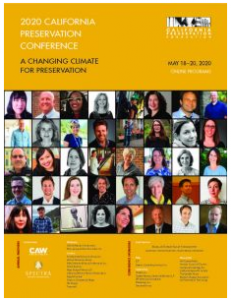 |
2020 Online Conference Details |
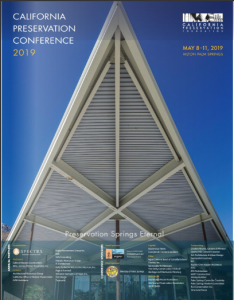 |
2019 Palm Springs Conference Details |
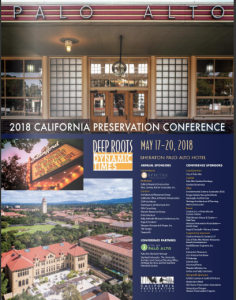 |
2018 Palo Alto Conference Details |
Acknowledgement of Support: National Park Service/DOI
Acknowledgement of Support:
The California Preservation Conference has been financed in part with Federal funds from the National Park Service, U.S. Department of the Interior. However, the contents and opinions do not necessarily reflect the views or policies of the Department of the Interior, nor does the mention of trade names or commercial products constitute endorsement or recommendation by the Department of the Interior.
Nondiscrimination Statement:
This program receives Federal financial assistance for identification and protection of historic properties. Under Title VI of the Civil Rights Act of 1964, Section 504 of the Rehabilitation Act of 1973, and the Age Discrimination Act of 1975, as amended, the U.S. Department of the Interior prohibits discrimination on the basis of race, color, national origin, disability or age in its federally assisted programs. If you believe you have been discriminated against in any program, activity, or facility as described above, or if you desire further information, please write to:
Equal Opportunity Program Office
National Park Service
1201 I St NW, 5th Floor, ORG Code 2652
Washington, DC 20005







